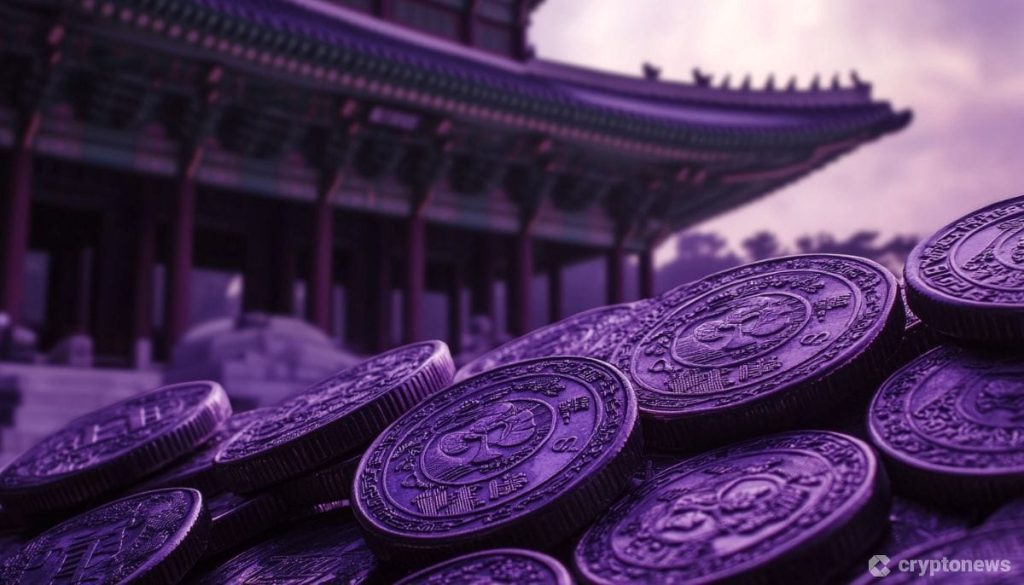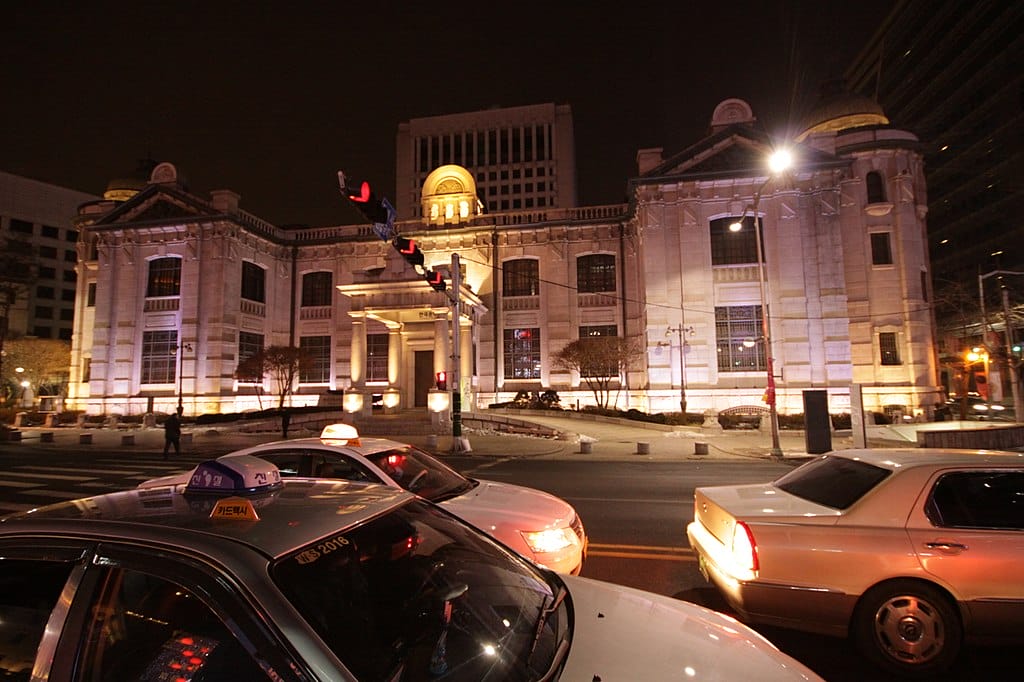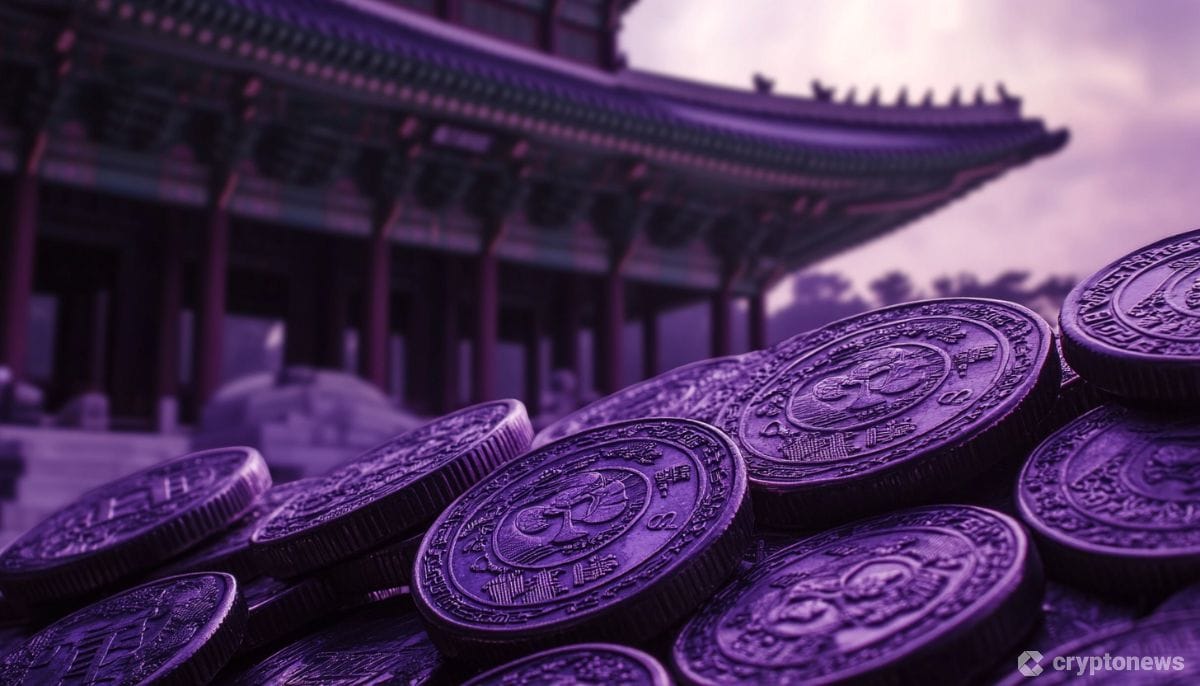The National Assembly is now debating a STO bill, but the administration has not yet indicated that it will support it.

While major players continue to await approval for Security Token Offerings (STOs), South Korean industry chiefs and central bank executives have called on the government to “urgently” regulate tokenized securities.
Per the media outlet ET News, officials from the Central Bank, regulatory bodies, and the securities industry called for action at a Korea Securities Association (KSA) summit held on August 27.
Tokenized Securities Regulations: Seoul Poised to Act?
“Digital assets” are the financial market’s “future direction,” according to the association.
The event’s speakers advocated for actions from Seoul, such as the “legalization of tokenized securities.”
Yoon Seong-kwan, the Director of Digital Currency Policy at the Bank of Korea (BOK), said:
“As we transition to a digital economy, we must simultaneously carry out the tokenization of digital assets and payment methods.”
According to Yoon, since the central bank would “provide the final settlement asset” that would “support safe digital asset transactions,” it would probably play a significant role in this.

The KSA Chairman, Lee Jun-seo, asserted that “more detailed legislation” was now “inevitable” due to the significant role that “digital assets” are expected to play in the financial markets.
If this legislation is not implemented, he said, there will be “increased financial market instability” and “consumer protection issues.”
There is “an STO bill pending in the National Assembly,” Lee reminded the attendees.
However, in order to create room for STOs, he demanded that Seoul “systematically reorganize” the “issuance and distribution infrastructure” of the financial sector.
This will help STOs power “a new economic growth engine,” Lee said.
Korea Investment Real Asset Management and Indonesia's Sinar Mas have set up a joint venture to build a hyperscale data center in Indonesia in a $300 million project. KoreaInvestmentRealAssetManagement #KuninganMasGemilang #SinarMas #Indonesiadatacenterhttps://t.co/LUZRBdoW4C
— The Korea Economic Daily (@kedglobal) August 27, 2024
“Advanced economies around the world are locked in a fierce competition. They want to use blockchain technology to lead financial infrastructure innovation and the digital asset market. South Korea cannot afford to fall behind in this trend. We must urgently roll out tokenized securities-related legislation.”Seo Yu-seok, head of the Korea Financial Investment Association
‘Urgent Need’ for STO Regulation
Industry chiefs concurred. Ryu Ji-hae, a director at the South Korean securities giant Mirae Asset, said:
“If the token securities system is brought within the framework of the law, the industry will be able to develop various underlying assets and innovative financial products.”
According to Ryu, distributed ledgers’ legal acceptance might be a “first step toward blockchain establishing itself as a core component of the financial industry.”
The Bank of Korea on Tuesday called for an overhaul in South Korea's hypercompetitive university entrance exam, linking it to the rapid decline in the country's birth rate and the concentration of people in Seoul. https://t.co/D3iEUjRGyV
— Nikkei Asia (@NikkeiAsia) August 27, 2024
In a panel discussion that followed, participants concurred that Seoul should implement “relevant laws” for the STO sector.
They also opined that the government should “support companies entering the virtual assets market.”
Firms ‘Lining up’ to Launch Tokenized Securities Products
According to others, “easy access” to the STO markets should be granted to “general” South Korean companies as well, not just fintech companies and securities providers.
According to earlier reports from media outlets, “multiple” South Korean companies have already ready STO platforms for government approval.
By 2030, banks and others estimate that the STO market in the country will be valued at $287 billion. The largest commercial banks in the nation are reportedly “lining up” to enter the market, according to media analysts.
Global regulators may also turn their attention to the STO markets, experts claim.
Kevin Murcko, the CEO and Founder of CoinMetro, told Cryptonews:
“The tokenization of already de-materialized markets, such as equities, can optimize settlements, reducing the time factor and thus the opportunity costs.”
However, Murcko thinks that eventually, the global tokenization movement will spread outside the securities industry.
He predicted that eventually the drive would shift to “historically illiquid markets,” such as precious stones and artwork.
“The broader tokenization of Real World Assets has the potential to create far more exciting changes. Tokenizing these asset types opens up liquidity, making it easier to source, fund, and exit investment options in historically illiquid markets.”Kevin Murcko, CEO and Founder of CoinMetro















Leave a Reply